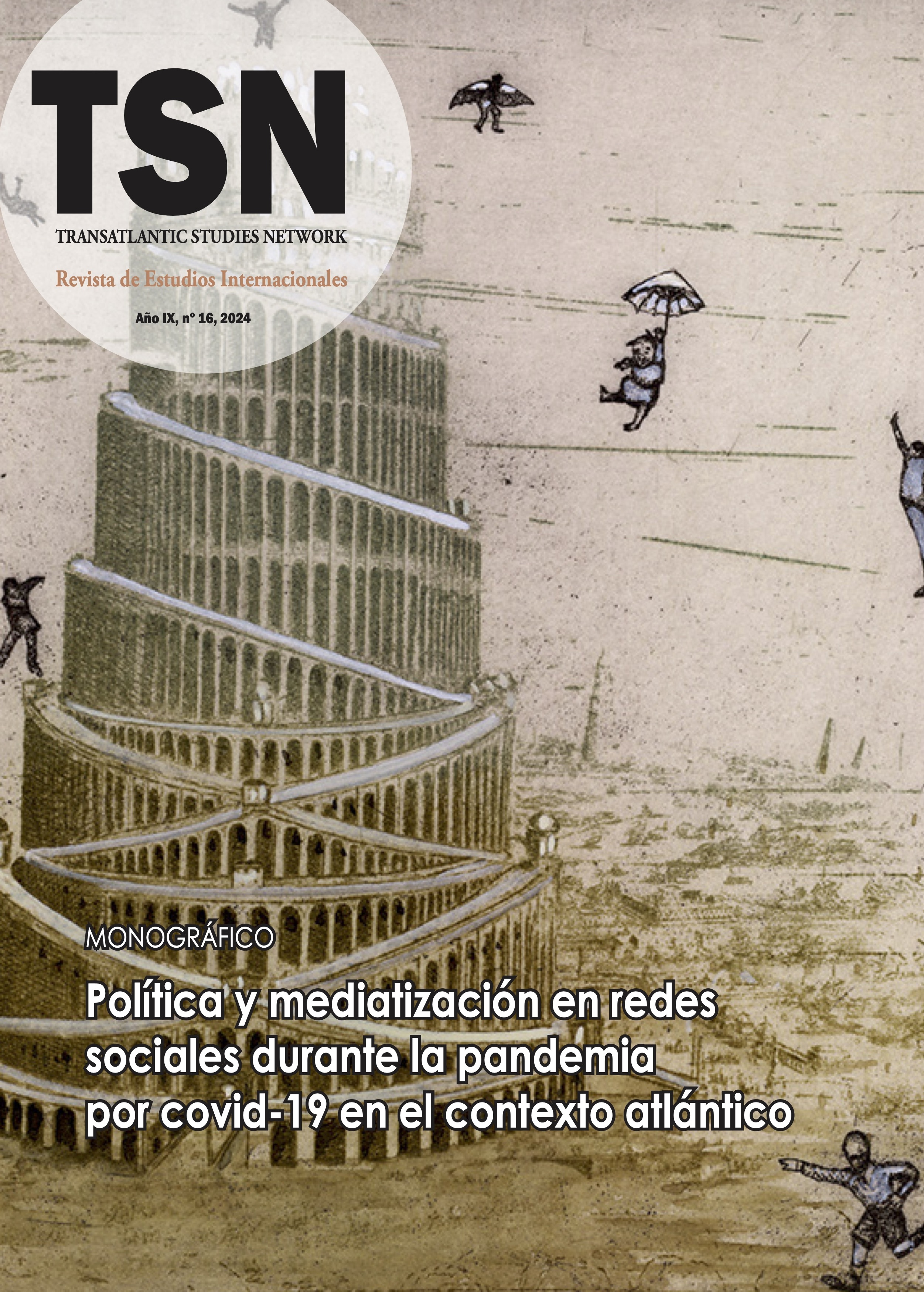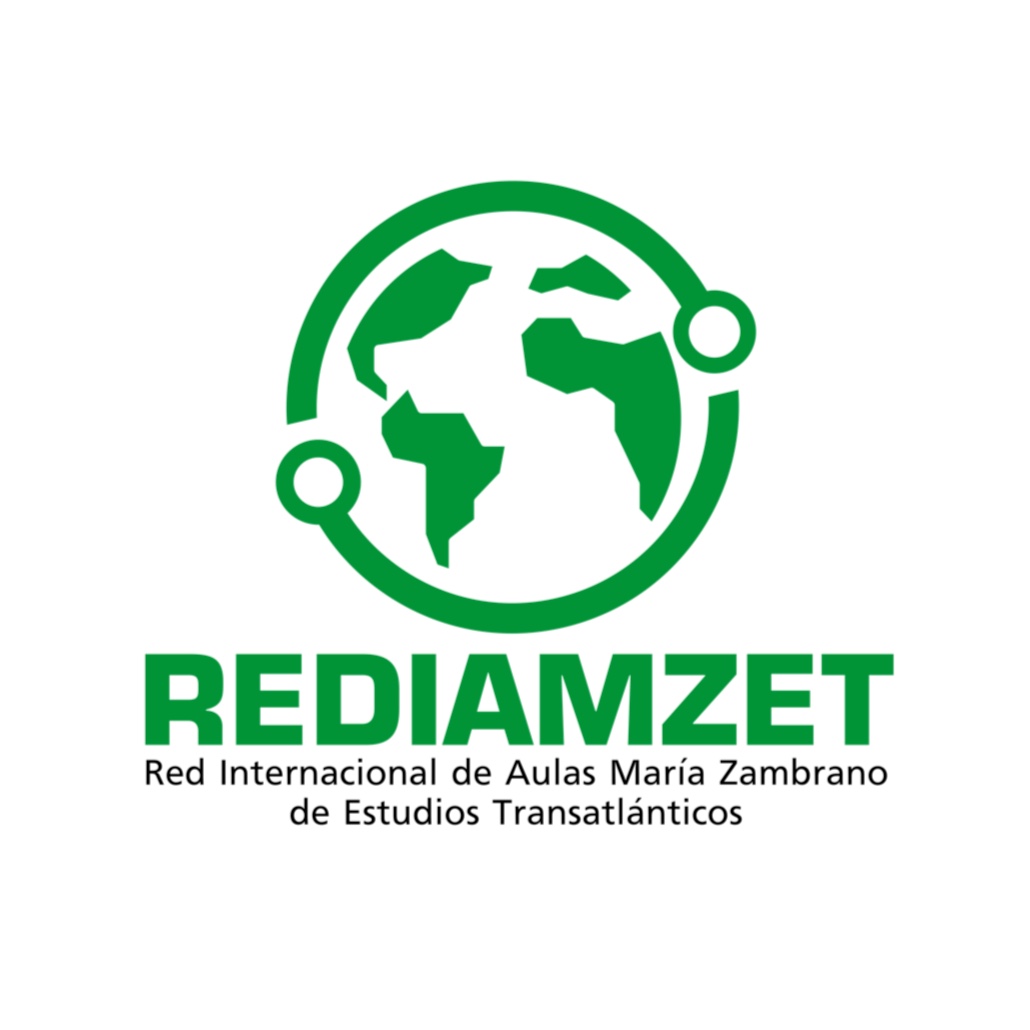Subversive Tecnodicourses. The Digital Militantism in the Context of the Pandemic of covid-19
DOI:
https://doi.org/10.24310/tsn.16.2024.20195Keywords:
Covid-19 pandemic, digital activism, techno-discourse, resignification, subversive discourseAbstract
In the framework of the coronavirus pandemic, aroused different activisms crossed by the digital in a relationship of support/conflict with the mass media in the face of government measures to control the outbreaks. When investigating the new modes of socio-political participation, the study focuses on a practice of urban activism attached to the logic of techno-discourse (Paveau, 2021a) to understand the functioning of a subversive discourse materialized in militant posters with the sayings #YoMeQuedoSinCasa (Barcelona, May/2020). The case was analyzed in relation to the techno-discourses that it subverts: the government propaganda #QuedaTeEnCasa and the massive response, #YoMeQuedoEnCasa, a virtuous techno-discourses (Paveau, 2015). Based on the theory of resignification (Paveau, 2021a) —about the technodiscursive practices of subversive repetition via web 2.0— the study reflects on the militantism of the hybrid world (Castells, 2017) and analyzes the aspects of pragmatic, interactional, enunciative, semantic-axiological, discursive, socio-semantic and political pragmatic of that discourse. It is concluded that the case of activism is anchored in techno-discourses (Paveau, 2021b) to produce a resignified discourse with revolutionary features, because by subverting massive techno-discourses, it strips its virtuosity, exposing a social wound of state negligence and allows it to produce both resistance and demands repair.
Downloads
Metrics
References
Baronas, Roberto Leiser (2021): «Ressignificação: do cedilha intruso a dispositivos tecnodiscursivos culturais de memória e resistência», em Paveau, M. Costa, J. L. Baronas, R. L. (orgs.): Ressignificação em contexto digital. São Carlos: EDUFSCar, pp. 99-114.
Castells, Manuel (2017): Redes de indignação e esperança: movimentos sociais na era da internet. Rio de Janeiro: Zahar.
Costa, Julia Lourenço (2021): «#EleNão: a hashtag salamandra nos entremeios da política brasileira», em M.-A. Paveau, J. L. Costa, R. L. Baronas (orgs.): Ressignificação em contexto digital. São Carlos: EDUFSCar, pp. 59-98.
Dias, Cristiane (2021): «Ressignificação: a pele do acontecimento», em M.-A. Paveau, J. L. Costa, R. L. Baronas (orgs.): Ressignificação em contexto digital. São Carlos: EDUFSCar, pp. 115-120.
Haroche, Claudine; Pêcheux, Michel; Henry, Paul (2020): «A semântica e o corte saussuriano: língua, linguagem, discurso», em R. L. Baronas (org.): Análise de discurso: apontamentos para uma história da noção-conceito de formação discursiva. Araraquara: Letraria, pp. 17-39.
Maingueneau, Dominique (2006): Cenas da enunciação. Curitiba: Criar Edições.
Maingueneau, Dominique (2020): Variações sobre o ethos. São Paulo: Parábola.
Maingueneau, Dominique (2021): «Das razões para ler ressignificação em contexto digital», em M.-A. Paveau, J. L. Costa, R. L. Baronas (orgs.): Ressignificação em contexto digital. São Carlos: EDUFSCar, pp. 9-14.
Paveau, Marie-Anne (2015): Linguagem e moral: uma ética das virtudes discursivas. Campinas: Editora da Unicamp.
Paveau, Marie-Anne (2021a): «A ressignificação na web social: princípios teórico-metodológicos», em M.-A. Paveau, J. L. Costa, R. L. Baronas (orgs.): Ressignificação em contexto digital. São Carlos: EDUFSCar, pp. 19-58.
Paveau, Marie-Anne (2021b): Análise do discurso digital: dicionário das formas e das práticas. Campinas: Pontes Editora.
Paveau, M.; Costa, J. L.; Baronas, R. L. (orgs.), 2021: Ressignificação em contexto digital. São Carlos: EDUFSCar.
Downloads
Published
How to Cite
Issue
Section
License
Copyright (c) 2024 TSN. Transatlantic Studies Network

This work is licensed under a Creative Commons Attribution-NonCommercial-ShareAlike 4.0 International License.



























